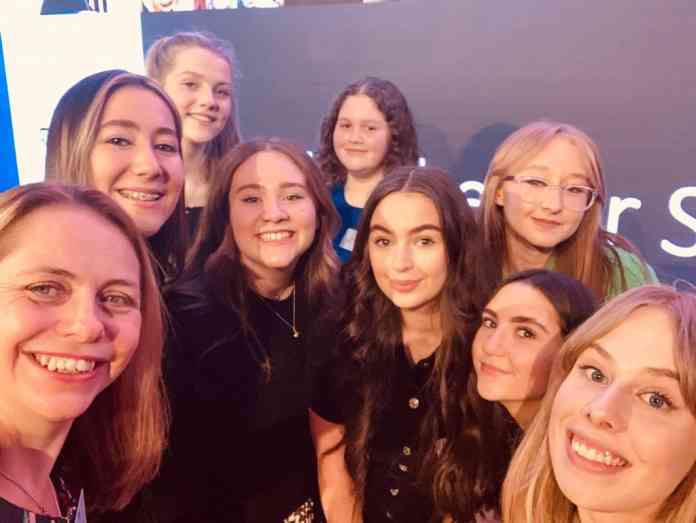Bee The Difference survey results published

The results of the Bee The Difference survey, which collected the experiences of more than 200 young survivors of the Manchester Arena attack, have been been published on the sixth anniversary of the attack.
The report highlights six ways that individuals and institutions can help to create change together. These include Bee visible, Bee compassionate, Bee experienced, Bee flexible, Bee patient and Bee proactive.
The survey was carried out in collaboration with the National Emergencies Trust and Lancaster Unversity.
The foreword to the report, written by nine young surveys behind the survey, says: "Since the attack, some of us have received incredible care from our loved ones, teachers, doctors and mental health professionals. But sadly some of us have also experienced upset and difficulties with the way that help was offered to us. For some of us, the support we really needed never came.
"In the six years since the attack there hasn’t been an opportunity to talk about all of this. Nobody has asked about the help we have or haven’t received. That matters because it means nobody can learn from what we, and so many others, have been through. The good and the bad."
The survey was launched in August 2022, with more than 200 people taking part.
According to the results, 75 per cent of young survivors say they were psychologically injured by the attack, and 71 per cent have received professional support since the attack. 30 per cent received support within a month of the attack and 47 per cent were able to access support through their school.
29 per cent of the young survivors have never received professional support. The reasons for this include it not being offered, not being comfortable asking for it, not knowing where to find it and not feeling like they needed it.
HRH Prince William, The Prince of Wales said: “The nine young and incredible minds behind this project, and the many more who have contributed, are an inspiration – turning significant personal challenges into positive change.
This report makes clear that young people who have experienced the trauma of terrorism have needs unique to their age. These are minds that need the space to have their voices heard and feelings acknowledged.
We must listen to their stories now, in order to learn for the future. I look forward to seeing the change that it creates.”
















